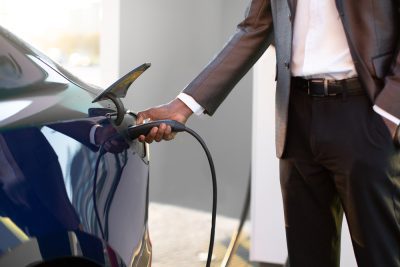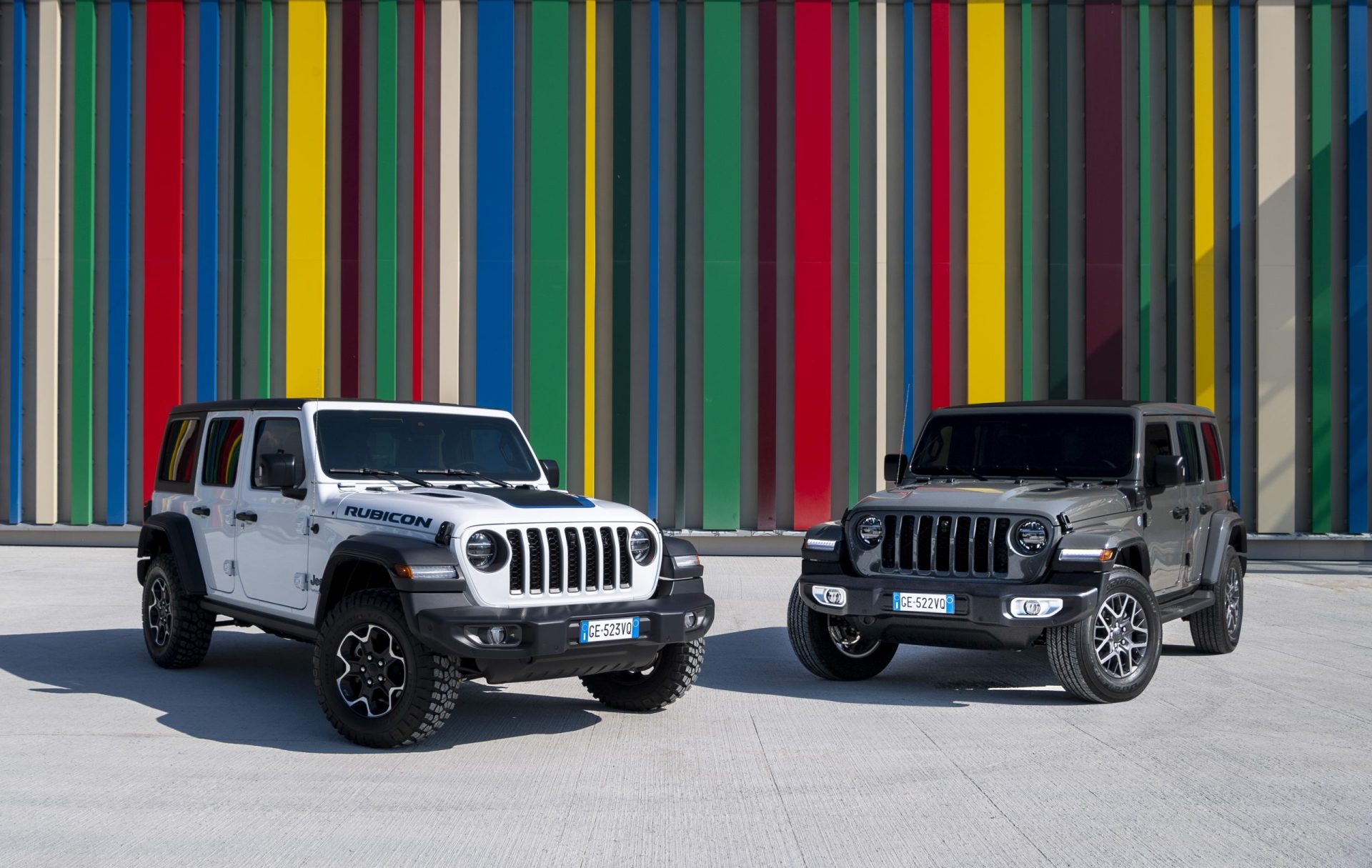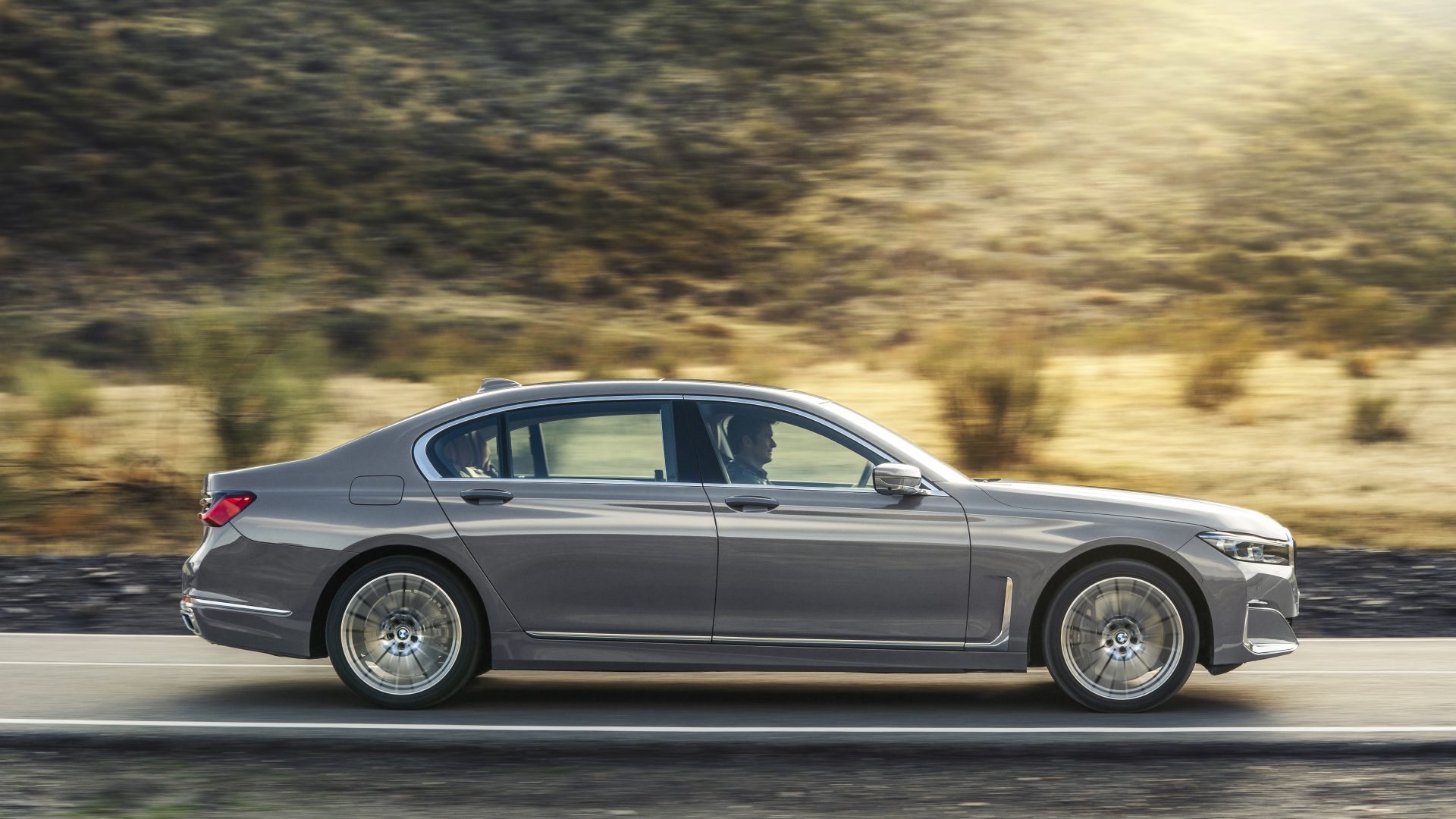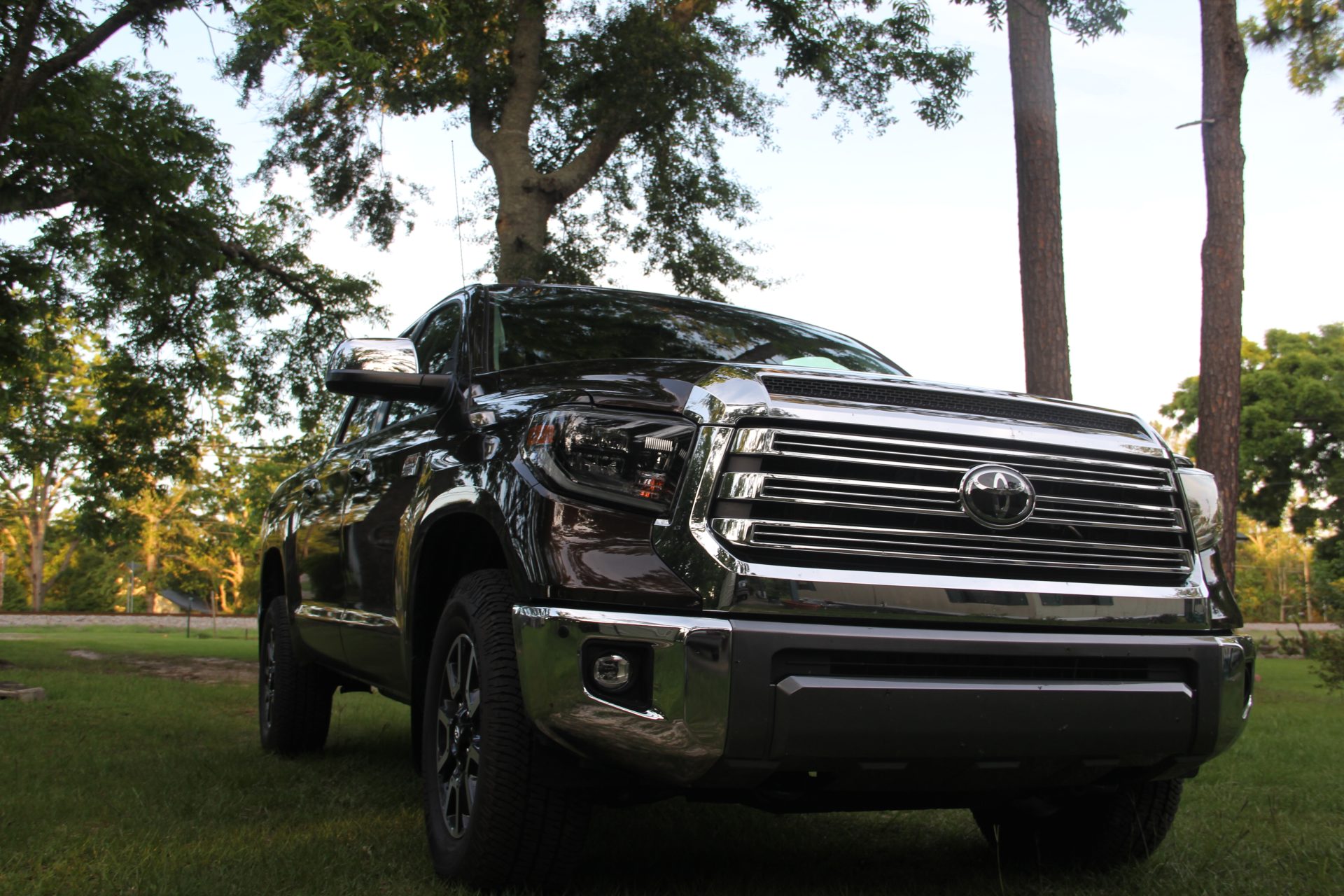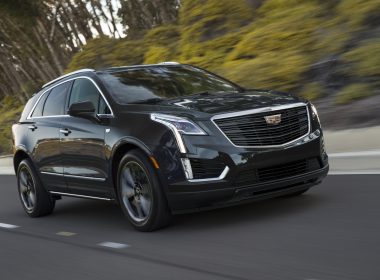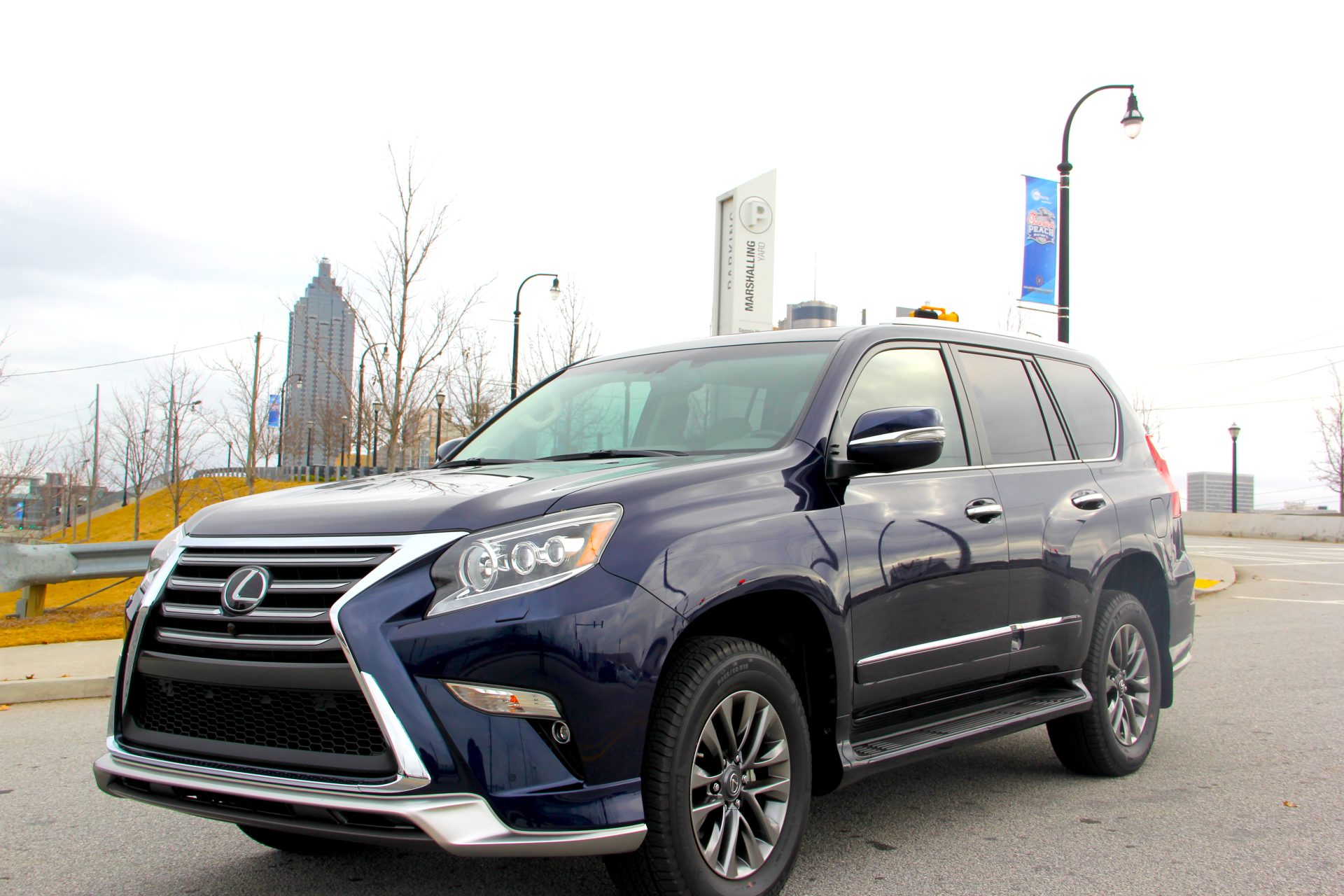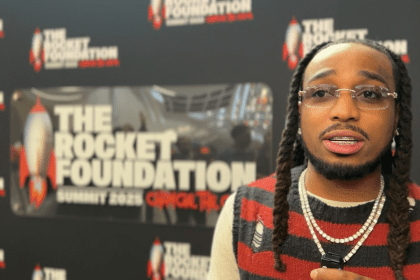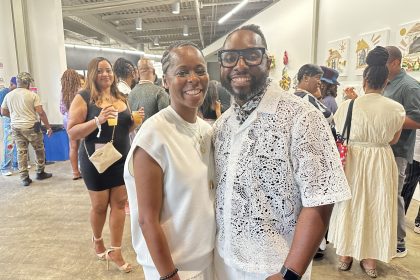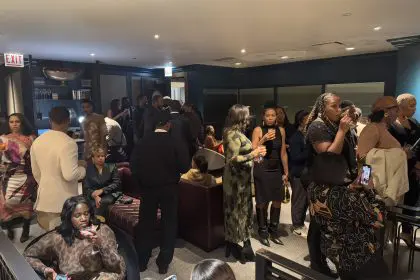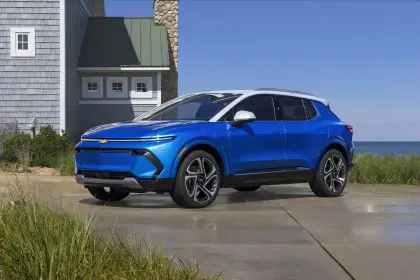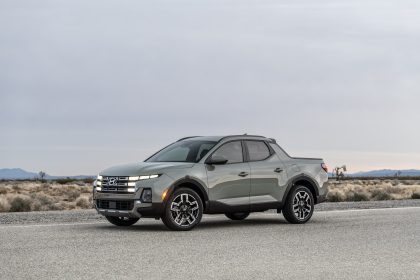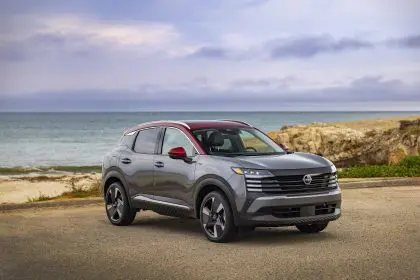
The 2016 North American International Auto Show not only drew the top figures in the car industry, it also showcased astonishing new vehicles with amazing features. The show, held in Detroit Jan. 11-24, featured concepts from some of the leading car manufacturers, such as Lexus, a division of Toyota. The company unveiled fuel cell cars with a stunning, polished appearance.
A major theme of the show was the spike in success that manufacturers have been having with minority consumers. In fact, the night before the car show kicked off, the Diversity Volume Leadership Awards were held, and Toyota received major recognition for making diversity a priority.
Perry Watson III — the president of Lexus of Mishawaka in Mishawaka, Indiana, and the new chairman of the National Association of Minority Auto Dealers — spoke with rolling out at the auto show about diversity within his field and what Lexus’ introduction of new models and vehicles with groundbreaking technology means for the company’s future.
You shared some wise words at the Diversity Volume Leadership Awards. Can you reiterate why it’s important for the auto industry to pay attention to diversity?
Historically, minorities have not been aware of the value of their purchases. Sometimes, we patronize individuals who may not have our best interest at heart, because we just don’t know. Like Honda, for example. Honda and Toyota got a lot of awards last night, but does the average consumer that’s buying a Honda or a Toyota even think about diversity in terms of hiring, suppliers, advertising and those kinds of things? I think it’s not right that we continue to patronize and make these companies successful, yet at many levels, whether that’s dealers or suppliers or advertising, we don’t get reciprocity, and those dollars [don’t] return back to our community.
We don’t see very many African Americans in your field and in the position that you are in. What steps can be made to change that?
I think that for some reason in the automotive industry, minorities have not had an affinity for the car business, even though it’s one of the largest industries. So, we as a dealer group, we as an association, have to do more to make minorities aware of the opportunities in this business, because our bench is very weak — as the car industry goes, so goes America. So, we have to do our part. The question becomes, “is it the manufacturer’s responsibility to get more minority dealers or more minority individuals interested in selling cars, repairing cars, working in dealerships?” I would say, [the answer is] twofold. Yes, they have a responsibility, but ultimately, if we don’t help get the message out, then we will not fill that void with people who want to come into the business.
Talk to us about the Lexus fuel cell zero emissions vehicles that are featured here at the show.
This is an exciting time for Lexus. This is an important signal to the industry that Lexus can make exciting products. We’ve been known for phenomenal customer service and reliability, but we have not been known for styling. And what has changed about that is that people want to make a statement. So the question is, when you look at Lexus, what kind of statement are you making? Beautiful and sporty are not adjectives you could use, but now, you begin to see that’s changing, which [helps] attract more consumers and people who never looked at the brand. Toyota has done a great job at leading in hybrid and fuel cell technology. Fuel cells will leap over electric. The only thing that’s standing in the way is really the infrastructure of hydrogen stations to really make this happen.

